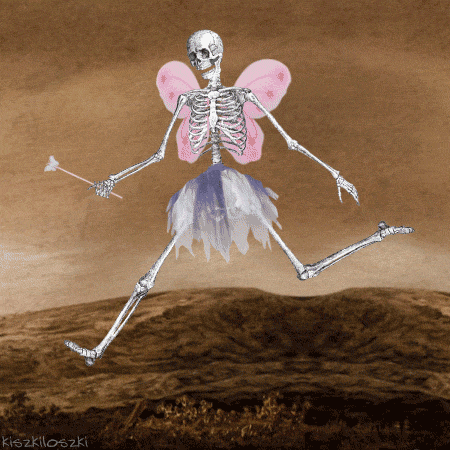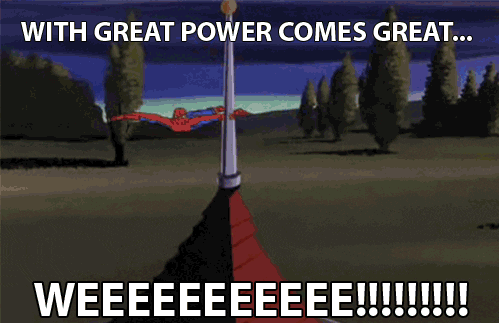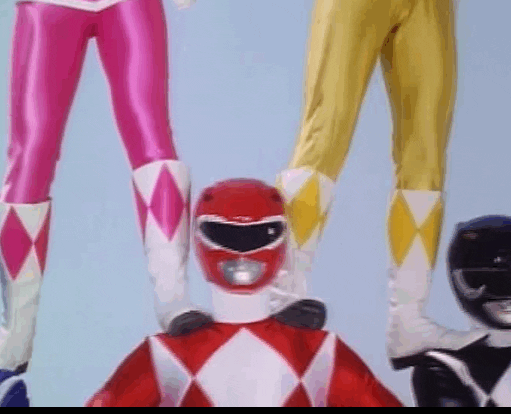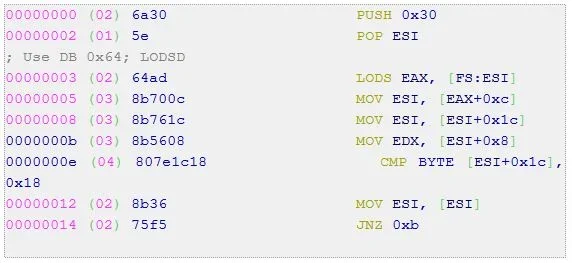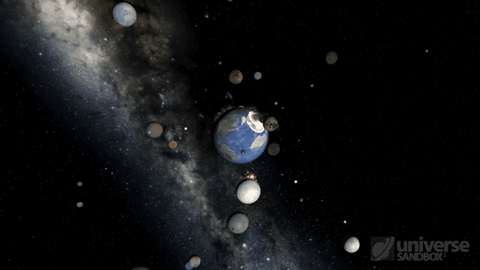You are using an out of date browser. It may not display this or other websites correctly.
You should upgrade or use an alternative browser.
You should upgrade or use an alternative browser.
More options
Who Replied?- MBTI
- INFJ
- Enneagram
- 954 so/sx
Misadventure
butt fros and asian purrs
- MBTI
- INFP
- Enneagram
- 4
LOL!!! he is the crypt keeper, not the blk wizard.Souls, lots and lots of souls

He is cleverLOL!!! he is the crypt keeper, not the blk wizard.
I keep my souls in my sock drawer

- MBTI
- INFJ
- Enneagram
- 954 so/sx
lol do what now
jkxx
*hv
- MBTI
- INFJ
- Enneagram
- 1w2
jkxx
*hv
- MBTI
- INFJ
- Enneagram
- 1w2
Ch. 4 - The light




[Jupiter as Zeus, Marduk, Indra, and Thor]
We shall not cease from exploration
And the end of all our exploring
Will be to arrive where we started
And know the place for the first time.
—T.S. Eliot
It will readily be perceived that a deep and wide significance attaches to the position of Jupiter in the horoscope. Without its help, we are necessarily destined to end, materially and intellectually, where we began
—Charles Carter, Some Principles of Horoscopic Delineation
Earthly things must be known to be loved
Divine things must be loved to be known
—Pascal
(all quotes appear in Arroyo’s Exploring Jupiter)
* * *
Jupiter (Zeus, Indra, Donar, Thor, Marduk, Tinia) is an antidote to Saturn and its real-world restrictions. Saturn allows us to only go so far and requires of us to have a good reason before trying something. Jupiter is quite the opposite, in that it gives us hope of a sort which allows us to imagine a goal materializing in the future even if none of the prerequisites exist in the present. Where Saturn is concerned with what we have “tallied up” so far, Jupiter looks to the future. Where Saturn cares about concrete reality, Jupiter cares about the meaning of it all and its nature is timeless.
Jupiter has been associated with the explorer (and the mind-state of wanderlust), the one who goes out seeking adventure and greener pastures. Unlike Saturn which wants a familiar (and known-safe) environment, Jupiter sees the unexplored and unknown as an opportunity to learn and add experience and meaning to our lives. Thus this planet also symbolizes growth as a constant process.
Being a fire planet Jupiter is associated with what Jung calls intuition, the ability to go beyond mere facts here-and-now and imagine something “more” in the future. In fact all fire planets (Mars and Sun figure here as well) and signs contribute to N but Jupiter is perhaps its primary significator as it’s also the planet of symbolic thinking and pattern-seeking(*1). Both arise from a concern for overall meaning underlying a given set of actions and experiences. This naturally means the planet is also the driving force behind philosophy and religion, both disciplines concerned with life’s meaning. Jupiter and/or its house will always be found connected or tenanted in those heavily concerned with such matters.
(*1) – Asteroid Pallas Athena is also associated with pattern recognition although in a more technical sense than with Jupiter; Jupiter looks at overall patterns where Pallas can look at links across organizational levels and is more concerned with details of execution.
At the mental level Jupiter transcends the “rational” fact-based approach of Mercury and augments the former with its pattern- and meaning-based approach. Jupiterian thinkers are thus more likely to see similarities between the ideas of others and their own and often come off as “open-minded” due to this ability. While it may look like magic this simply stems from Jupiter’s inclination to be inclusive and see the unknown and different in a positive light.
In mythology Jupiter (Zeus) is the one who is saved from being swallowed by his father Saturn (Kronos.) Eventually Zeus grows up and is able to overthrow his father, releasing all his brothers and sisters in the process. Thus Jupiter has an important role to play when it comes to dealing with Saturnian blocks and walls. It is a planet which can give Saturn a more positive perspective which the former can find inspiring and liberating.
In life this effect can manifest as the lifting out of a depression or an oppressive situation (Saturn) during a Jupiter transit or through a significant contact between Jupiter and Saturn as well as “lucky” bouts where the native seems to do well without putting in much effort. This is again in contrast to the transits of Saturn where the opposite is true – much hard work and persistence is required to make any progress at all. And since Jupiter rules the 9th house of "long journeys" major contacts from it often result in actual travels to faraway places.
Besides philosophy and religion Jupiter also rules law and the legal system which attempts to tackle moral and ethical issues and thus requires a framework based on more than just facts and strict regulations.
It now becomes obvious why Jupiter and Saturn’s glyphs are upside-down versions of each other (the two faces of the same coin, in a way.) Where Saturn sinks to the bottom Jupiter floats. Where Saturn crystallizes a concrete vision Jupiter brings in new visions for Saturn to work on; where Saturn says “no” Jupiter will say “yes.” These two planets form another duality pair and they each gain significance through the existence and action of the other.
Interestingly the two in hard aspect, especially, are associated with “Big business” or more broadly “eminence” as can be seen from the charts of Bill Gates, Angelina Jolie, the late Jack London, and even Mel Gibson. Warren Buffett has another one of these, a Jupiter-Saturn opposition.
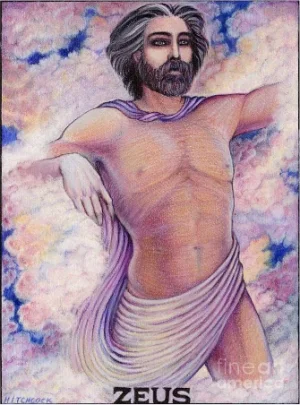
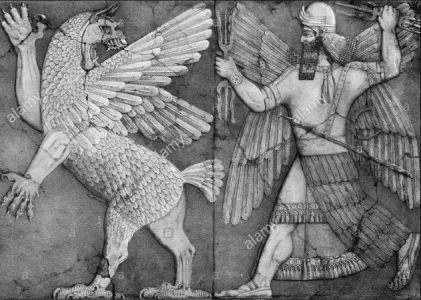
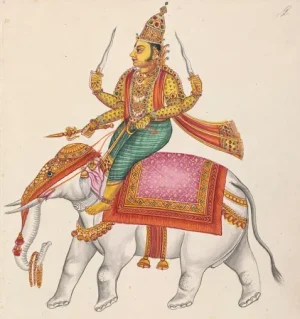
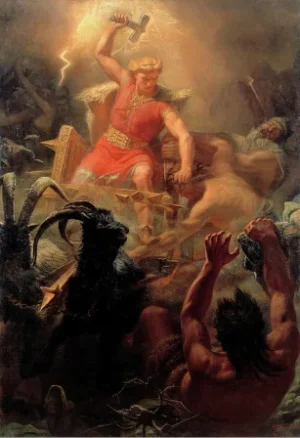
[Jupiter as Zeus, Marduk, Indra, and Thor]
We shall not cease from exploration
And the end of all our exploring
Will be to arrive where we started
And know the place for the first time.
—T.S. Eliot
It will readily be perceived that a deep and wide significance attaches to the position of Jupiter in the horoscope. Without its help, we are necessarily destined to end, materially and intellectually, where we began
—Charles Carter, Some Principles of Horoscopic Delineation
Earthly things must be known to be loved
Divine things must be loved to be known
—Pascal
(all quotes appear in Arroyo’s Exploring Jupiter)
* * *
Jupiter (Zeus, Indra, Donar, Thor, Marduk, Tinia) is an antidote to Saturn and its real-world restrictions. Saturn allows us to only go so far and requires of us to have a good reason before trying something. Jupiter is quite the opposite, in that it gives us hope of a sort which allows us to imagine a goal materializing in the future even if none of the prerequisites exist in the present. Where Saturn is concerned with what we have “tallied up” so far, Jupiter looks to the future. Where Saturn cares about concrete reality, Jupiter cares about the meaning of it all and its nature is timeless.
Jupiter has been associated with the explorer (and the mind-state of wanderlust), the one who goes out seeking adventure and greener pastures. Unlike Saturn which wants a familiar (and known-safe) environment, Jupiter sees the unexplored and unknown as an opportunity to learn and add experience and meaning to our lives. Thus this planet also symbolizes growth as a constant process.
Being a fire planet Jupiter is associated with what Jung calls intuition, the ability to go beyond mere facts here-and-now and imagine something “more” in the future. In fact all fire planets (Mars and Sun figure here as well) and signs contribute to N but Jupiter is perhaps its primary significator as it’s also the planet of symbolic thinking and pattern-seeking(*1). Both arise from a concern for overall meaning underlying a given set of actions and experiences. This naturally means the planet is also the driving force behind philosophy and religion, both disciplines concerned with life’s meaning. Jupiter and/or its house will always be found connected or tenanted in those heavily concerned with such matters.
(*1) – Asteroid Pallas Athena is also associated with pattern recognition although in a more technical sense than with Jupiter; Jupiter looks at overall patterns where Pallas can look at links across organizational levels and is more concerned with details of execution.
At the mental level Jupiter transcends the “rational” fact-based approach of Mercury and augments the former with its pattern- and meaning-based approach. Jupiterian thinkers are thus more likely to see similarities between the ideas of others and their own and often come off as “open-minded” due to this ability. While it may look like magic this simply stems from Jupiter’s inclination to be inclusive and see the unknown and different in a positive light.
In mythology Jupiter (Zeus) is the one who is saved from being swallowed by his father Saturn (Kronos.) Eventually Zeus grows up and is able to overthrow his father, releasing all his brothers and sisters in the process. Thus Jupiter has an important role to play when it comes to dealing with Saturnian blocks and walls. It is a planet which can give Saturn a more positive perspective which the former can find inspiring and liberating.
In life this effect can manifest as the lifting out of a depression or an oppressive situation (Saturn) during a Jupiter transit or through a significant contact between Jupiter and Saturn as well as “lucky” bouts where the native seems to do well without putting in much effort. This is again in contrast to the transits of Saturn where the opposite is true – much hard work and persistence is required to make any progress at all. And since Jupiter rules the 9th house of "long journeys" major contacts from it often result in actual travels to faraway places.
Besides philosophy and religion Jupiter also rules law and the legal system which attempts to tackle moral and ethical issues and thus requires a framework based on more than just facts and strict regulations.
It now becomes obvious why Jupiter and Saturn’s glyphs are upside-down versions of each other (the two faces of the same coin, in a way.) Where Saturn sinks to the bottom Jupiter floats. Where Saturn crystallizes a concrete vision Jupiter brings in new visions for Saturn to work on; where Saturn says “no” Jupiter will say “yes.” These two planets form another duality pair and they each gain significance through the existence and action of the other.
Interestingly the two in hard aspect, especially, are associated with “Big business” or more broadly “eminence” as can be seen from the charts of Bill Gates, Angelina Jolie, the late Jack London, and even Mel Gibson. Warren Buffett has another one of these, a Jupiter-Saturn opposition.
Last edited:
jkxx
*hv
- MBTI
- INFJ
- Enneagram
- 1w2
First solar eclipse of summer 2018 - July 12-13, 2018
The first eclipse occurs in degree 20'41" Cancer and will be exact at the following times depending on where you all are located -
UK - Jul 13 3:48 AM
Germany, Switzerland, portions of France - Jul 13 4:48 AM
Eastern Europe - Jul 13 5:48 AM
USA
US East - Jul 12 6:48 PM
US Central - Jul 12 7:48 PM
US Mountain - Jul 12 8:48 PM
US West Coast - Jul 12 9:48 PM
(please see for more detail)
The eclipse dynamic centers on the Sun-Moon conjunction conjunct F.S. Castor along with the lot opposing transit Pluto at 20 Capricorn. Those of you with natal or progressed planets *Or cardinal house cusps* in hard aspect to the degree 20 Cancer (20 Aries, 20 Capricorn, 20 Libra) will experience this eclipse most strongly.
Chart of the eclipse as it will appear here:

The first eclipse occurs in degree 20'41" Cancer and will be exact at the following times depending on where you all are located -
UK - Jul 13 3:48 AM
Germany, Switzerland, portions of France - Jul 13 4:48 AM
Eastern Europe - Jul 13 5:48 AM
USA
US East - Jul 12 6:48 PM
US Central - Jul 12 7:48 PM
US Mountain - Jul 12 8:48 PM
US West Coast - Jul 12 9:48 PM
(please see for more detail)
The eclipse dynamic centers on the Sun-Moon conjunction conjunct F.S. Castor along with the lot opposing transit Pluto at 20 Capricorn. Those of you with natal or progressed planets *Or cardinal house cusps* in hard aspect to the degree 20 Cancer (20 Aries, 20 Capricorn, 20 Libra) will experience this eclipse most strongly.
Chart of the eclipse as it will appear here:
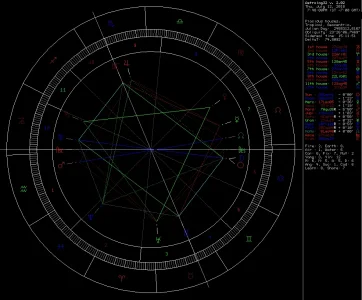
Last edited:
jkxx
*hv
- MBTI
- INFJ
- Enneagram
- 1w2
@Sandie33, feel free to add some info on the eclipses - I know you have docs on this also.
So a bit more on these - eclipses are based around the cycles of the Sun and Moon with two types available
A) Solar eclipse (Sun conjunct Moon, new moon) when the two form a conjunction and denotes "new beginnings" - the eclipse is read based on whether the conjunction aspects any planets in the natal chart and what natal house it falls in, predominantly. A new moon happens once every 29 days but an eclipse only happens when the new moon is within (30?) degrees or less of the transit Nodal Axis (eclipses will always be found with the sun-moon near the nodes) this means the conjunction is crossing the path of the ecliptic and thus the potential for an eclipse is created.
B) Lunar eclipse (Sun opposition Moon, full moon) when the two form an opposition - while the new moon is about starting something new, the full moon is a sort of climax to what was started during the previous new moon. These are otherwise read the same way as the above.
Both are more potent if the two luminaries (Sun and Moon) happen to aspect major planets or the AC-DC or MC-IC axes in the natal chart; and depending on one's location during the eclipse the eclipse's own AC-DC and houses will change and this will impact us in a particular way - in other words, by traveling to a different location you can change part of the effect an eclipse has on you just as you can with a solar return chart about to kick in on your birthday.
For a little bonus, this is how astro.com interprets the once-a-month Moon conjunct Sun aspect; there is a nearly equivalent Sun conjunct Moon one which happens once a year also, with a very similar interpretation but a duration of 1.5 days instead of a few hours.

So a bit more on these - eclipses are based around the cycles of the Sun and Moon with two types available
A) Solar eclipse (Sun conjunct Moon, new moon) when the two form a conjunction and denotes "new beginnings" - the eclipse is read based on whether the conjunction aspects any planets in the natal chart and what natal house it falls in, predominantly. A new moon happens once every 29 days but an eclipse only happens when the new moon is within (30?) degrees or less of the transit Nodal Axis (eclipses will always be found with the sun-moon near the nodes) this means the conjunction is crossing the path of the ecliptic and thus the potential for an eclipse is created.
B) Lunar eclipse (Sun opposition Moon, full moon) when the two form an opposition - while the new moon is about starting something new, the full moon is a sort of climax to what was started during the previous new moon. These are otherwise read the same way as the above.
Both are more potent if the two luminaries (Sun and Moon) happen to aspect major planets or the AC-DC or MC-IC axes in the natal chart; and depending on one's location during the eclipse the eclipse's own AC-DC and houses will change and this will impact us in a particular way - in other words, by traveling to a different location you can change part of the effect an eclipse has on you just as you can with a solar return chart about to kick in on your birthday.
For a little bonus, this is how astro.com interprets the once-a-month Moon conjunct Sun aspect; there is a nearly equivalent Sun conjunct Moon one which happens once a year also, with a very similar interpretation but a duration of 1.5 days instead of a few hours.
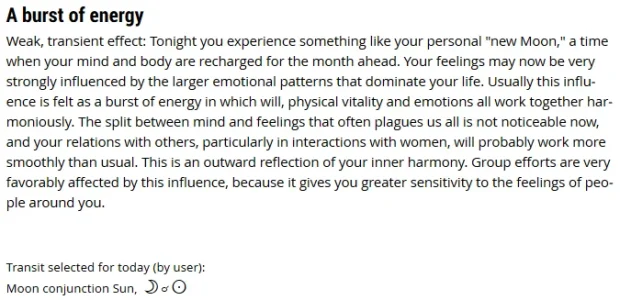
@jkxx
Thanks for the call-in I thought I would add this....
I thought I would add this....
Numbras, penumbras and antenumbras are quite facinating over all, not just here in astrology
Next One?
By Robert Roy Britt | June 26, 2018 07:27am EST

Lunar eclipses occur when Earth's shadow blocks the sun's light, which otherwise reflects off the moon. There are three types — total, partial and penumbral — with the most dramatic being a total lunar eclipse, in which Earth's shadow completely covers the moon. The next lunar eclipse will be a total lunar eclipse on July 27, 2018. (Check where you are bc not everyone will be able to see it )
)
https://www.space.com/15689-lunar-eclipses.html
**edit, that other video isn't as good, lol
Thanks for the call-in
Numbras, penumbras and antenumbras are quite facinating over all, not just here in astrology
By Robert Roy Britt | June 26, 2018 07:27am EST
Lunar eclipses occur when Earth's shadow blocks the sun's light, which otherwise reflects off the moon. There are three types — total, partial and penumbral — with the most dramatic being a total lunar eclipse, in which Earth's shadow completely covers the moon. The next lunar eclipse will be a total lunar eclipse on July 27, 2018. (Check where you are bc not everyone will be able to see it
https://www.space.com/15689-lunar-eclipses.html
**edit, that other video isn't as good, lol
- MBTI
- INFJ
- Enneagram
- 954 so/sx

